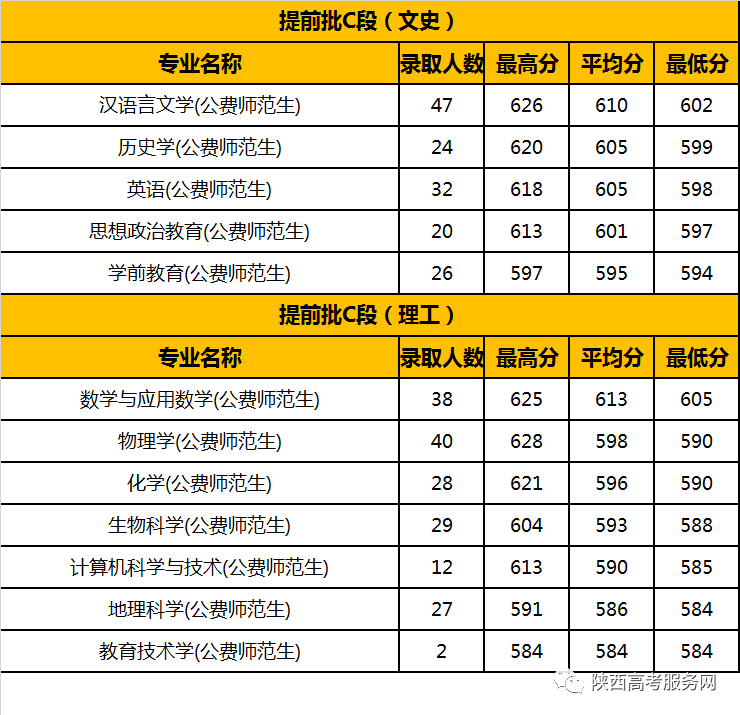关于“shall/ will”的用法的五个规则:
①说或写都尽量使用“I'll, You'll, He'll, She'll, I'l, Well, They'll .”的简缩形。 例如: I'll answer your question. You'll read my blog. He'll point out my mistake. She'll like my essays. It'll be a hot night for me. We'll go to bed. They'll wake up here. ②要表达主语的“意志”,通常都用“will” (文法上称为意志将来)。 I won't see him again 我不愿意再和他见面。 Who will go and help that poor old human 谁愿意去帮助那个可怜的老人? Mary will. (玛丽愿意) ③说话者要把自己(说话人自己)的“意志”表达或行使出去,通常用“shall"。 You shall not do that again 你不可以再做那样的事。 He shall return that book tomorrow 明天他必须把那本书归还。 ④第一人称问句使用“shall”。 Shall I call you a taxi 需要我替你叫一辆出租车吗? Shall we tell her the truth 我们可以把实情告诉她吗? ⑤问句是“Shall,?”回答就用“shall ~”;问句用“Will ,,?”回答就用“will ~(保持一致) Shall you go to school tomorrow 你明天须要上学去吗? Yes,I shall. We'll have an exam是的,我必须去,我们明天有考试。 Will you go to school with me tomorrow?明天你要不要和我一道去学校? 注 Let's的附加疑问通常使用“shall we?” Let's have a rest shall we? 我们休息一下,怎样?本站内容收集整理于网络,多标有原文出处,本站仅提供信息存储空间服务。如若转载,请注明出处。








